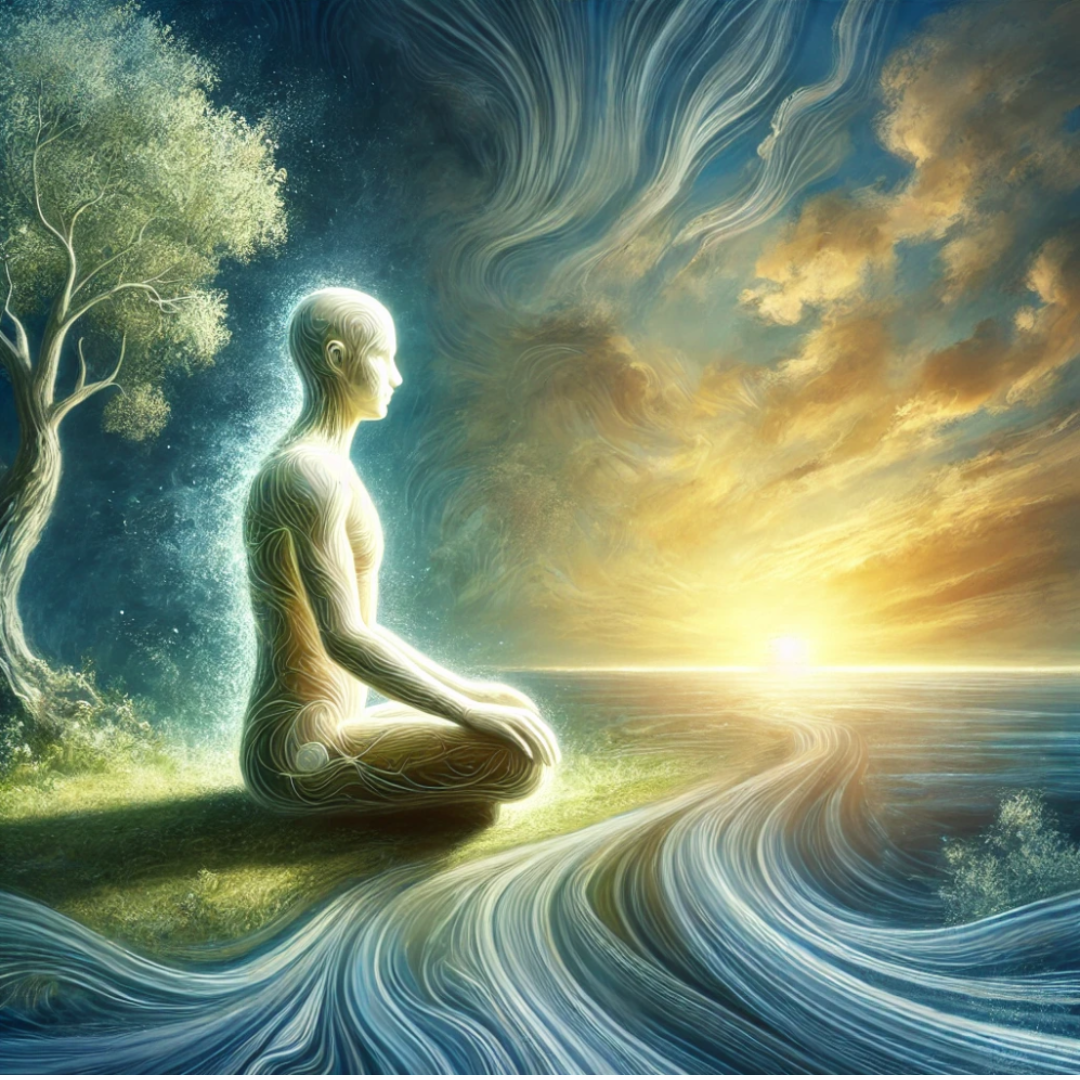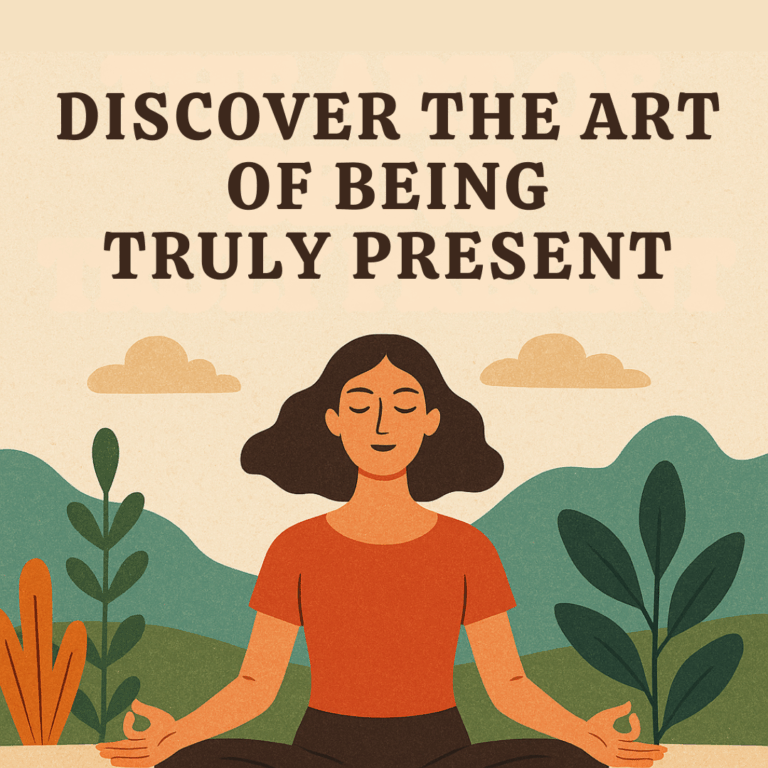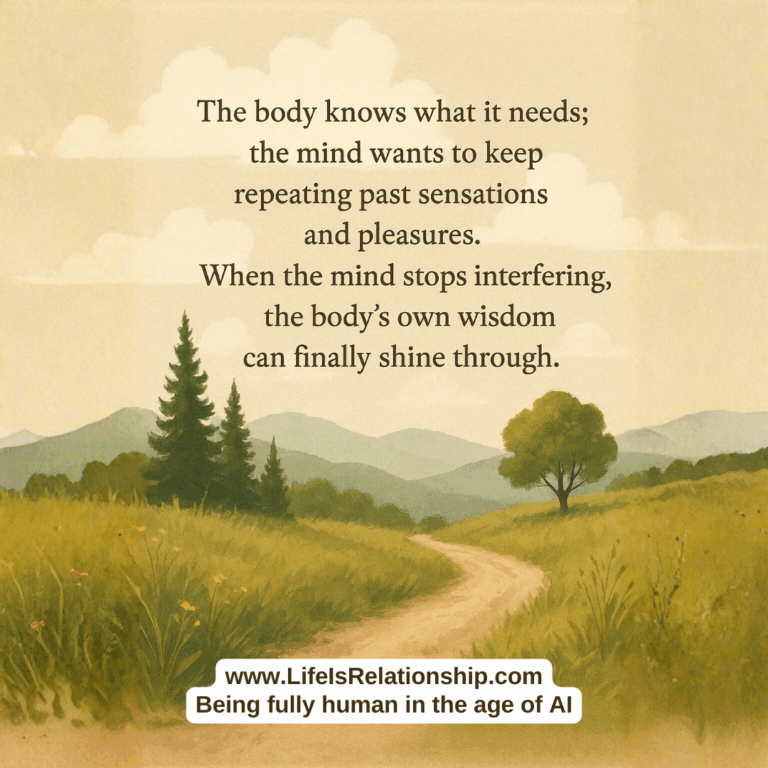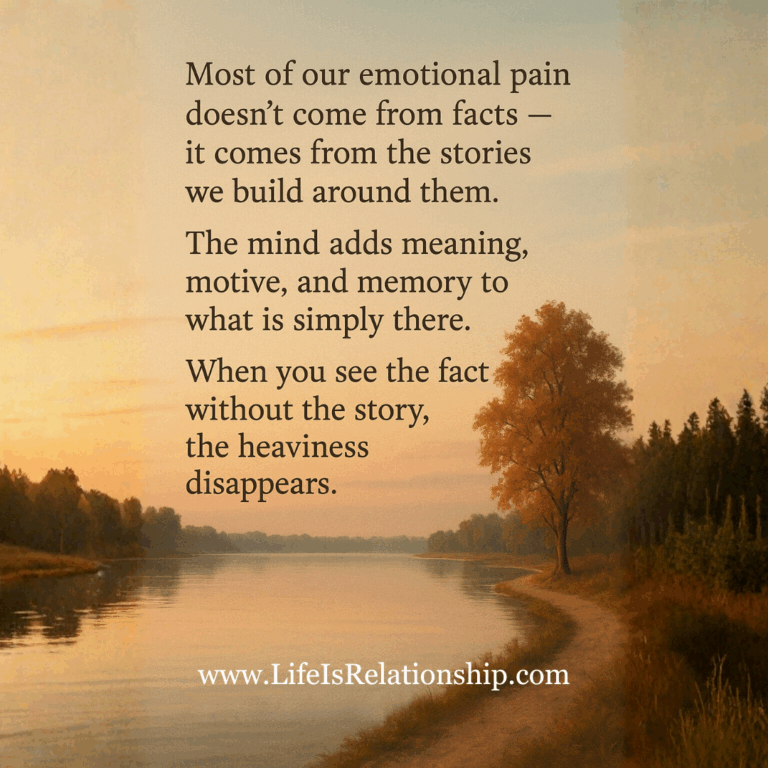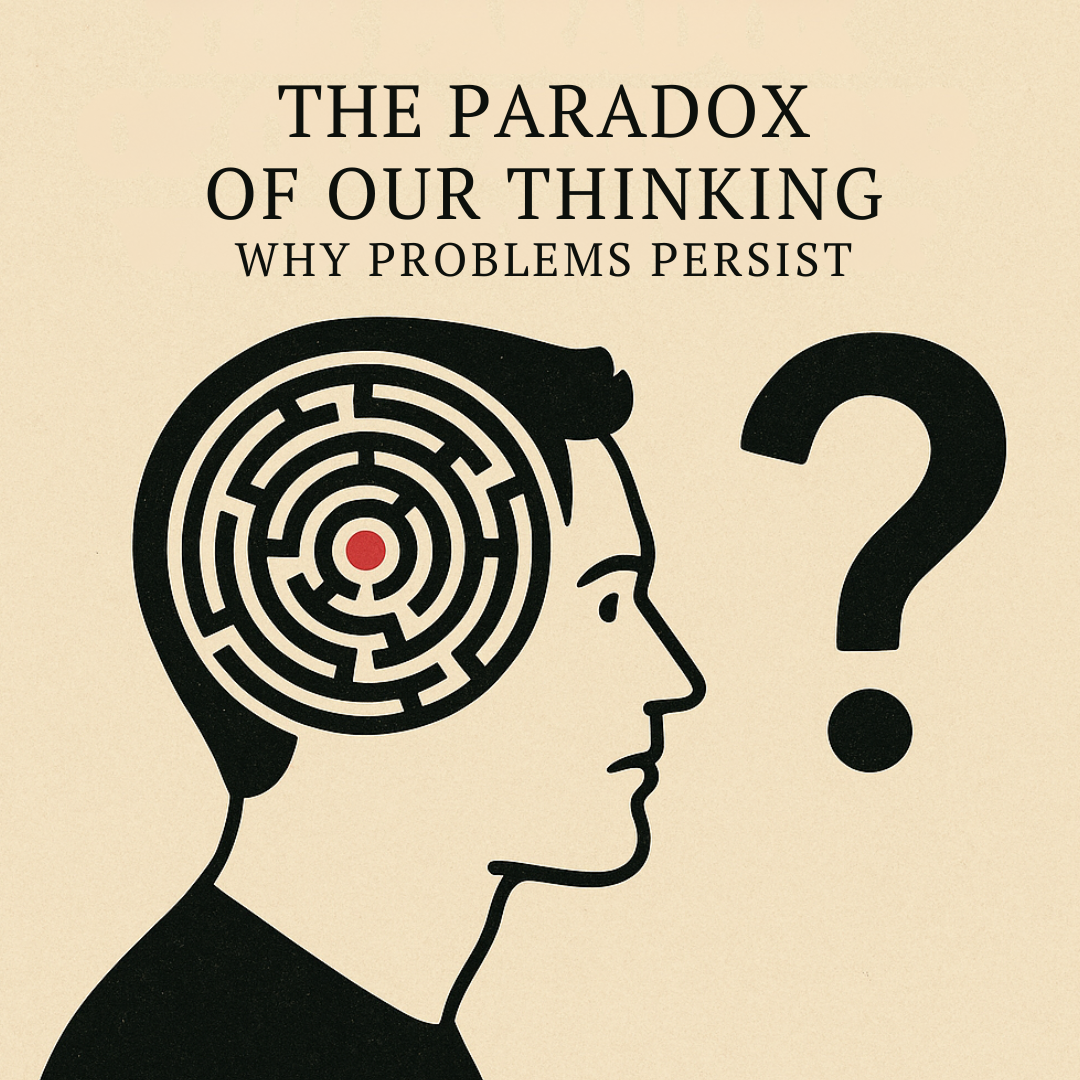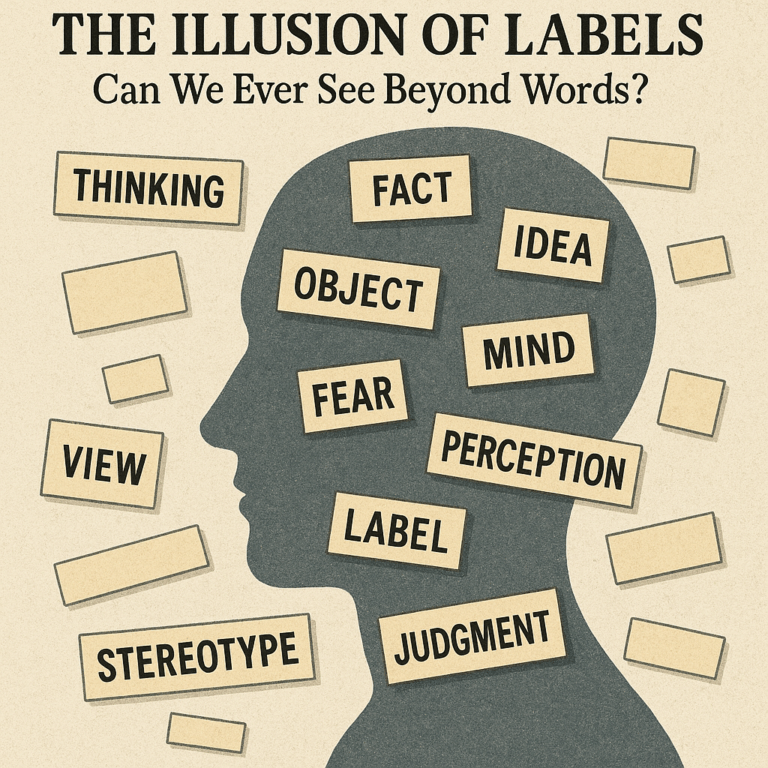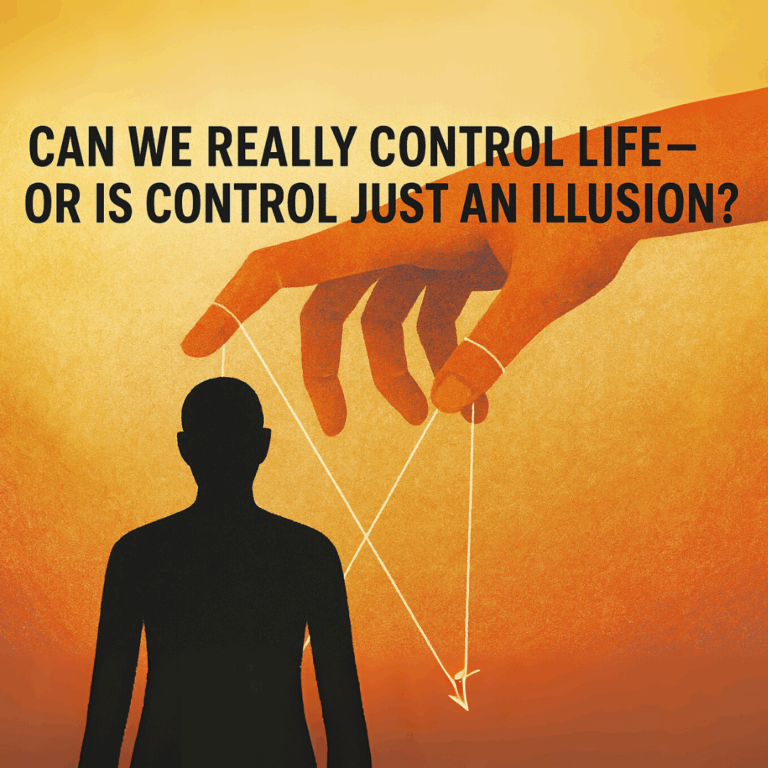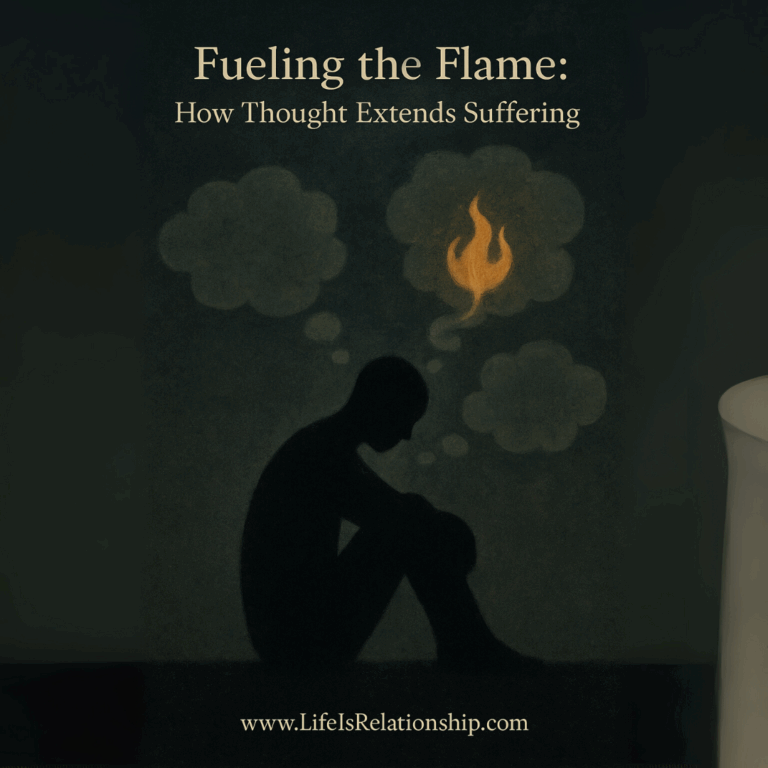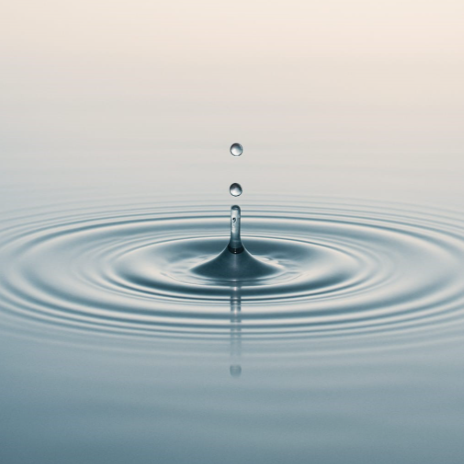I recently came across an article in which the author admired the incredible mechanism of the human body. They expressed deep gratitude for the seamless functioning of the body and offered prayers to God, thanking a higher power for this wondrous creation. It was a heartfelt acknowledgment of life’s marvels, filled with humility and awe.
But this perspective invites a deeper question: does it fully capture the essence of what is being admired? Is there something we are overlooking when we view ourselves as separate from the body and see its operation as directed by an external entity? This perception creates multiple layers of separation—the experiencer observing the body, the body being observed, and the divine entity being thanked. But is this division real, or is it an illusion born of the mind’s activity?
Questioning the Nature of Separation
Consider this: when you stand before a tree, do you feel completely separate from it? Or is it the mind that introduces a division, saying, “I am here, and the tree is there”? Similarly, when we think of our body, the mind creates categories:
“I” as the one experiencing.
The body as a separate mechanism.
A divine force managing it all.
But is this fragmentation real? Or is it simply a construct of thought?
When you look closely, the body operates with an intelligence so profound that no machine, no human invention, can replicate it. The heart beats without instruction, wounds heal without command, and the senses adapt fluidly to the environment. This intelligence is not mechanical; it is life itself, flowing without the need for external control. So, why do we reduce this wonder to something separate, something “other”?
The Trap of Duality
This belief in separation creates a duality:
“Me” versus the body.
“Me” versus God.
“Me” versus the world.
In nature, such duality does not exist. Does a river see itself as separate from its flow? Does a bird distinguish itself from the air it moves through? Only the human mind, with its endless comparisons and narratives, introduces this division.
And what does this duality lead to? Conflict.
We struggle to control the body, treating it as an object to manage.
We pray to an external deity, feeling disconnected from the intelligence we marvel at.
We live with a constant sense of separation, unable to grasp the unity of life.
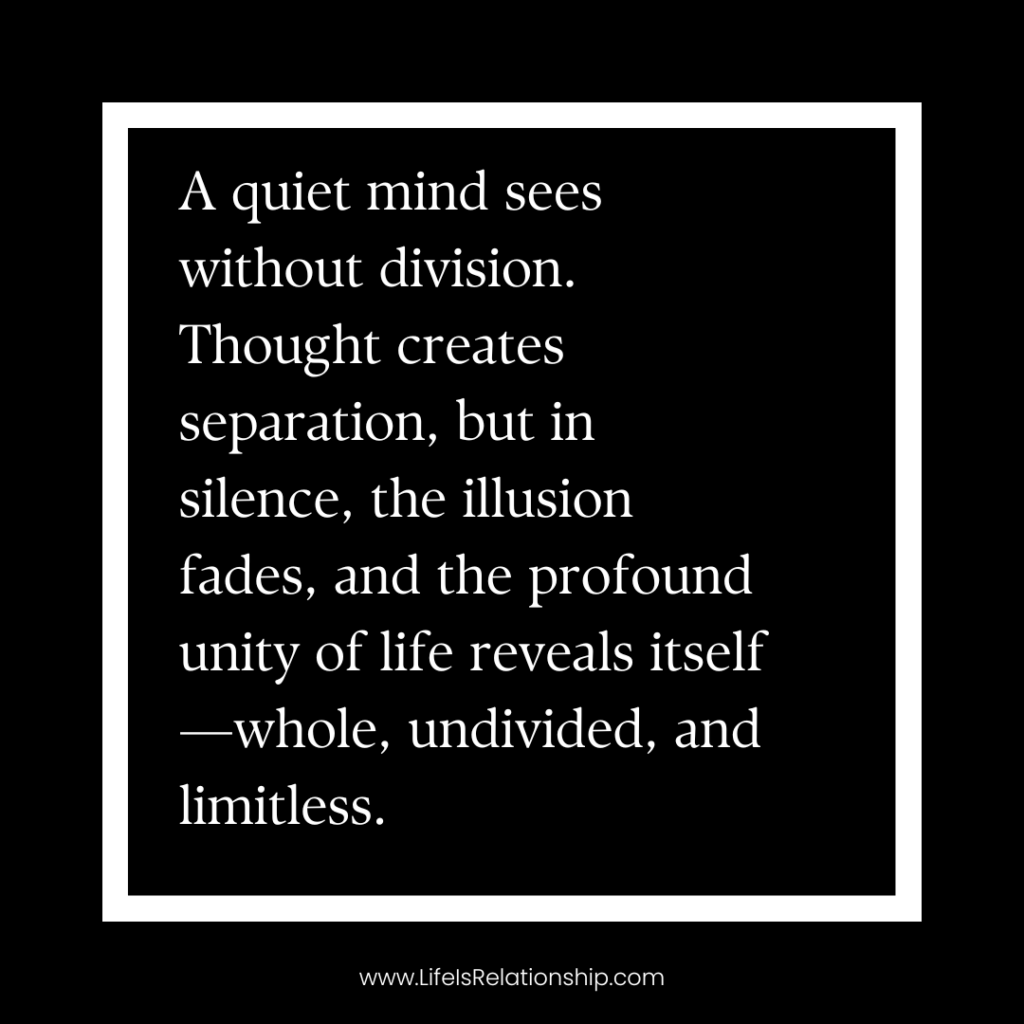
The Stillness That Reveals Unity
Can we step beyond this illusion of separation? To do so, the mind must become quiet. A noisy mind, filled with thoughts of “me” and “mine,” perpetuates division. But when the mind is silent, the boundaries dissolve. In that stillness, there is no experiencer and no experienced—only experience.
For instance, when you are fully absorbed in music, do you feel separate from it? In that moment, the listener and the music merge. There is no “you” and “the sound”—there is only the act of listening. Similarly, when the mind is quiet, the false sense of division between “me,” the body, and life vanishes. What remains is a deep sense of unity.
Beyond Machines and Mechanisms
The intelligence of the body surpasses anything that human thought can conceive. Even the most advanced machines, including artificial intelligence, are limited by the confines of programmed logic. In contrast, the body functions with an organic intelligence—adaptive, creative, and boundless. This intelligence is not external; it is life itself, unfolding moment by moment.
Gratitude, then, need not be directed outward to an entity separate from us. True gratitude arises from simply being present to the wonder of existence, free from the artificial boundaries of “me” and “the other.”
Living Without Division
So, can we approach life differently? Can we look at the body—not as an object we own or something governed by an external force—but as an inseparable part of the whole? When the mind quiets and we see beyond duality, gratitude becomes effortless. It is no longer tied to rituals or prayers. It becomes a silent acknowledgment of the beauty and intelligence of existence.
In this state of unity, we realize that the body, life, and the divine are not separate. They are one and the same—an undivided, timeless whole.

